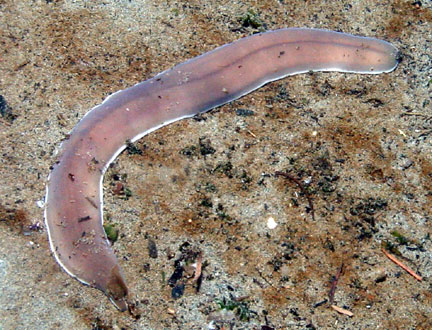

These drugs kill the tapeworm but not the eggs. Your health care provider treats a tapeworm infection in the intestines with anti-parasitic drugs. This may reduce organ function and blood supply.Treatment Treatment for tapeworm infection A large-sized tapeworm may block the appendix, bile ducts, or pancreatic duct. Getting early treatment for a tapeworm infection may reduce the likelihood of complications such as a digestive blockage. A shunt placement can be used to drain fluid. An antiseizure medication may be prescribed if the infection affects your brain or central nervous system, thus triggering a seizure.Īn invasive infection can also cause fluid buildup in the brain. Your doctor may prescribe a corticosteroid ( Prednisone) if inflammation develops in your organs or tissues. Sometimes, doctors recommend surgery to remove a large cyst or lump. This is a type of antiparasitic medication. If you have an invasive infection and the tapeworm forms a cyst or a lump, your doctor may prescribe an anthelmintic drug to shrink the mass. Antiparasitic drugs used to treat intestinal infections may include:Īfter completing treatment, you’ll have a follow-up stool sample to ensure the infection has cleared.

If a tapeworm doesn’t leave your body, your doctor will recommend a treatment based on the type of infection.įor an intestinal infection, you’ll need to take an oral medication to get rid of the tapeworm. This is why some people never have symptoms or only have mild symptoms. Sometimes, the tapeworm leaves the body on its own. It’s important to note that some tapeworm infections don’t require treatment.


 0 kommentar(er)
0 kommentar(er)
